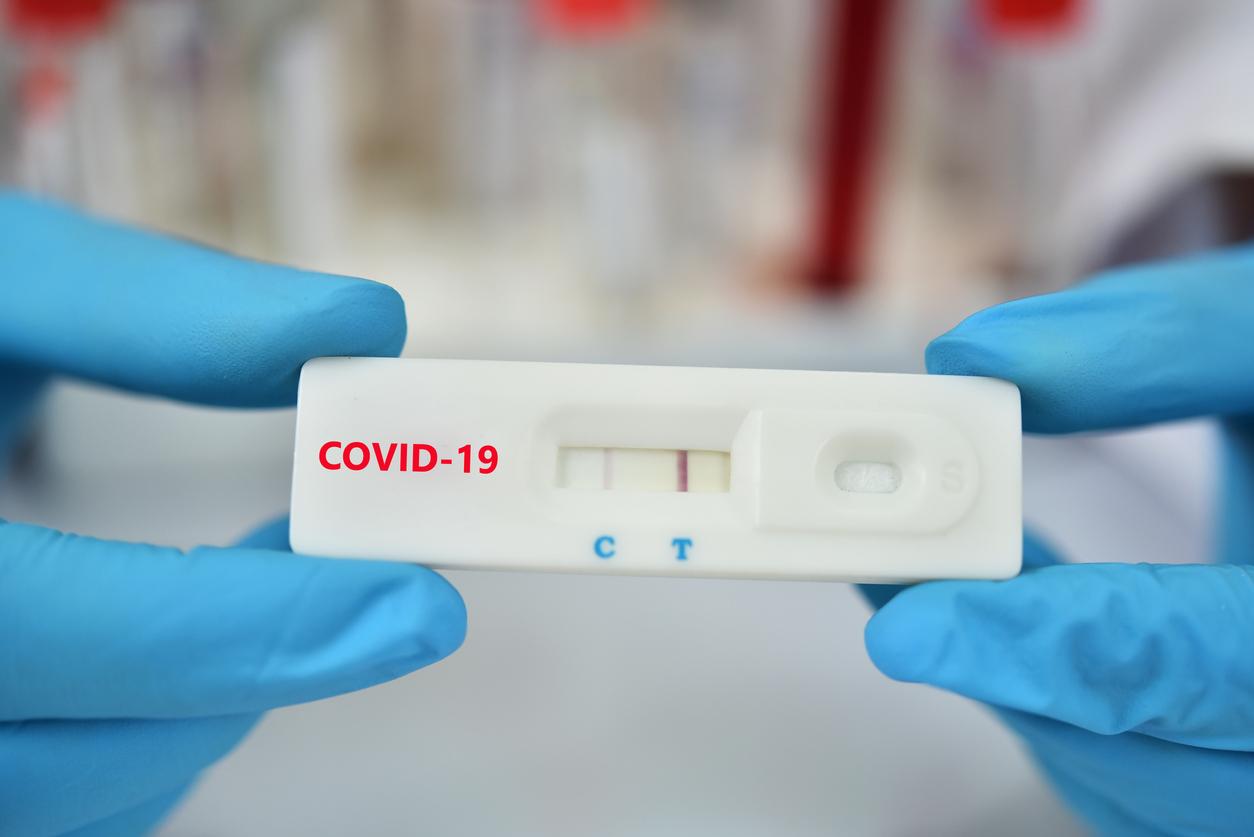The World Health Organization (WHO) and its partners today announced a program to supply low- and middle-income countries (LMICs) with 120 million rapid tests for SARS-CoV-2 over the next 6 months, as the global death toll from the virus closed in on 1 million.
Over the weekend, the illness total passed 33 million cases and is currently at 33,224,222, according to the Johns Hopkins online dashboard. The fatality count is just shy of 1 million and stands at 999,298.
Rapid tests headed for developing countries
As part of the ACT Accelerator, a massive WHO-led effort to scale up the development of diagnostics, drugs, and vaccines, the rapid test package announced today includes volume guarantees, funding to help countries deploy the tests, and an initial $50 million to help countries to buy the tests, which cost less than $5 apiece.
Health officials expect the tests to be especially useful for LMICs, because they can offer a testing option for hard-to-reach places and don't require specialized staff or medical equipment.
At a WHO media briefing today, Director-General Tedros Adhanom Ghebreyesus, PhD, said the program is a vital addition to LMIC testing capacity. "These tests provide reliable results in approximately 15 to 30 minutes, rather than hours or days at a lower price with less sophisticated equipment," he said. "This will enable the expansion of testing, particularly in hard-to-reach areas that do not have lab facilities or enough trained health workers to carry out PCR tests."
He said the volume agreements were developed between two test manufacturers and the Bill and Melinda Gates Foundation. The two manufacturers are Abbott and SD Biosensor. The Global Fund committed the initial $50 million for countries to purchase the tests, and the group said countries can start placing their orders this week. A host of groups have signed on to help speed up the rollout of the tests, including Africa Centers for Disease Control and Prevention (Africa CDC), Unitaid, the Foundation for Innovative New Diagnostics (FIND), and the Clinton Health Access Initiative (CHAI).
Health officials said Unitaid and Africa CDC will help launch the tests in 20 African countries starting in October.
Last week, the WHO issued its first emergency use listing for a quality antigen-based rapid test, and Tedros said the group expects other rapid tests to follow.
Maria Van Kerkhove, PhD, the WHO's technical lead for COVID-19, said the antigen tests aren't perfect, but labs are working to ensure that they're performing optimally. She said WHO guidance recommends them in four scenarios: response to suspected outbreaks, outbreak investigations when the PCR test is positive for the initial patient, monitoring in specific communities, such as frontline workers, and when transmission is widespread.
Country outbreak developments
India continues to lead with world with the most daily cases, which are down a bit but still in the 80,000s, according to media reports. Over the weekend, the country topped 6 million cases, and its total could eclipse that of the United States in the weeks ahead. India is the world's second most populous country.
The country's surge in COVID-19 cases has increased the demand for medical oxygen, exposing some problems with the supply system and leading some hospitals to turn patients away, Reuters reported. The shortages have been especially felt in Mumbai and hard-hit Maharashtra state.
In other outbreak developments:
- In the Brazilian city of Manaus, the biggest city in the Amazon region where an earlier outbreak overwhelmed hospitals and mortuaries, cases are on the rise again, apparently dashing hopes that herd immunity may have been behind an earlier drop in cases, Reuters reported. City officials have closed bars and beaches to curb the recent flare-up and have placed a ban on large gatherings. A recent study posted on the preprint server medRxiv suggested that 44% to 66% of the city's population had been infected, which might have contributed to a dramatic drop in illnesses and deaths.
- The Netherlands today announced new measures to slow a second surge of cases, including early closing times for bars, restricted travel in and out of the country's major cities, and expanded use of cloth masks.
- In Australia, a 7-week lockdown in Melbourne has ended, after cases continued to drop following a flare-up in cases, mostly in Victoria state.
- Beijing health officials have announced steps to protect whistleblowers who sound the alarm about health emergencies, Reuters reported. Amid reports of the first human cases in Wuhan, the Chinese government lashed out at medical staff in Wuhan who had first reported an unknown pneumonia outbreak at the end of 2019.





















